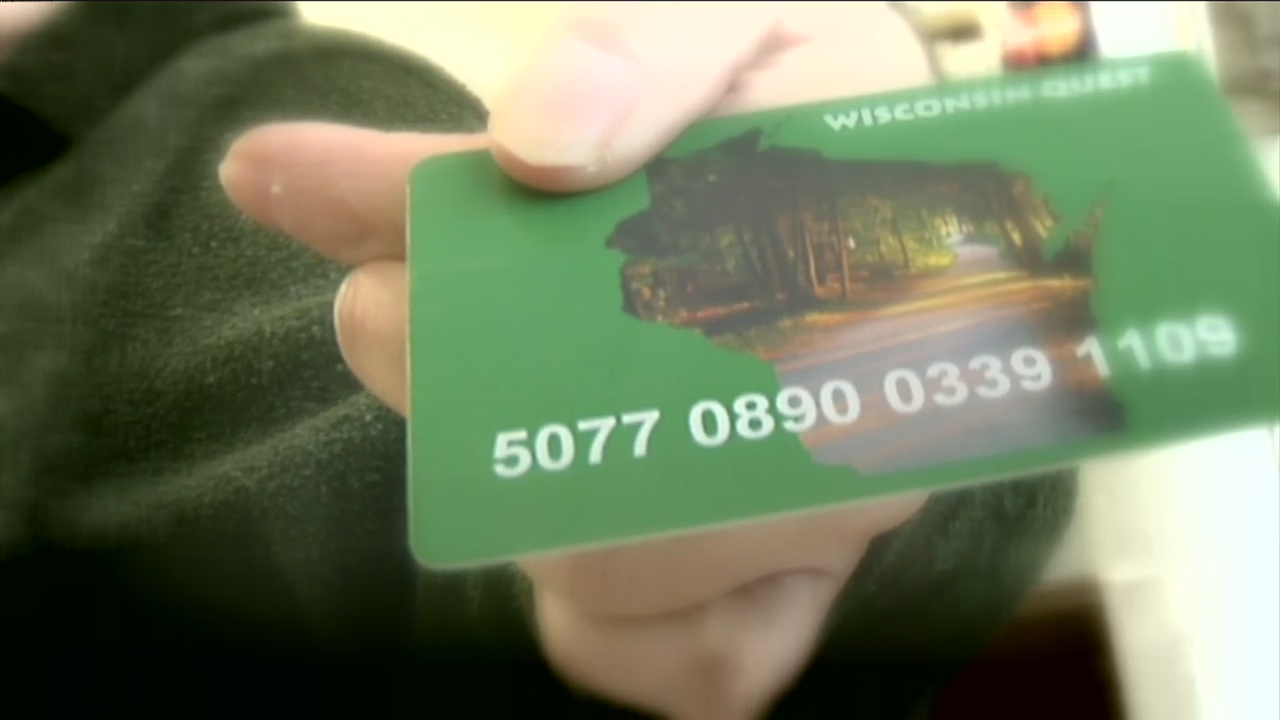
A trio of bills addressing waste, fraud, and abuse in public benefits systems are slated for Senate Committee hearings this week
MacIver News Service | January 13, 2016
[Madison, Wisc…] The Wisconsin Legislature is taking up public benefits reform yet again. After the fall 2015 session, during which the Legislature passed several reforms focusing on FoodShare and Unemployment Insurance fraud, the start of 2016’s session looks to be continuing on the same path. On Wednesday and Thursday, Senate Committees will hear three bills related to fraud and abuse in public benefits systems.On Thursday, the Senate Committee on Labor and Government Reform will hold a public hearing on Senate Bill 401 (SB 401), which increases penalties for fraud in obtaining Unemployment Insurance (UI) benefits.
Under current law, anybody who intentionally misrepresents themselves in order to obtain UI benefits is penalized with a fee of between $100 and $500 or imprisonment for up to 90 days, or both. If passed, SB 401 would raise penalties based on how much an individual defrauds from the system. For example, if a person fraudulently claims up to $2,500, he or she would be subject to a fine of up to $10,000 or imprisonment of up to nine months, or both. The more an individual intentionally steals from the UI program, the harsher the punishment.
Sen. Chris Kapenga (R-Delafield), the main author of the bill, said that Wisconsin currently views UI fraud “as a less severe crime than other comparable offenses, such as theft.” He called the reforms common sense. A staffer for Kapenga said that the current penalties for UI fraud are outdated, and that one of the goals of the legislation is to bring penalties for this type of theft in line with other statutes.
“If we put more of a deterrent in place for someone breaking the law, they are less likely to do it,” Kapenga said. “When there is little penalty in place, it is almost an incentive for criminals to scam the system. The bill, when passed, will create a disincentive to steal taxpayer money. We have already seen an increase in case referrals over the last year, and these penalties will encourage district attorneys to take on even more case referrals from [the Department of Workforce Development] going forward.”
Kapenga’s office worked with Rep. Samantha Kerkman’s (R-Salem) office on the bill. Kerkman was the main author of Assembly Bill 212 (AB 212) last year, which renders individuals ineligible for UI benefits for seven years if they are found to twice misrepresent or conceal information.
During Kerkman’s testimony in the Assembly Committee on Public Benefits Reform, she said that only three people were prosecuted last year for defrauding the UI system. This is despite the fact that a December 2014 audit discovered over $86.3 million in fraudulent overpayments during the three-year audit period.
On Wednesday, the Senate Committee on Public Benefits Reform and Regulatory Reform will hold a public hearing on Assembly Bill 188 (AB 188) and on Senate Bill 472 (SB 472).
AB 188 would expunge unused FoodShare benefits from accounts that are inactive for more than 12 months. The Assembly passed AB 188 on a 66-31 vote in November. Several democratic representatives broke from their caucus and voted for the legislation.
The bill’s author, Rep. André Jacque (R-DePere), said that he was inspired to work on the legislation after hearing a Fox 11 report on excessive FoodShare balances. He hopes to return the program to its original function and ensure that recipients use it on a monthly basis rather than as a savings account.
“It is important to remember that FoodShare is intended to be a needs-based program to assist those with lower incomes in affording a nutritional diet,” Jacque said. “Yet the report found many examples of FoodShare recipients accumulating thousands upon thousands of dollars in unused benefits, with balances as high as $12,000 and even over $14,000. For every county where data was provided, the highest account balances reached into several thousand dollars.”
SB 472 would create an optional incentive program for counties and tribes that identify fraud in the Medical Assistance (MA) and FoodShare programs. If a county or tribe with a population of less than 750,000 – which excludes Milwaukee County – identifies suspected fraudulent activity in either program, determines that fraud occurred, and criminally prosecutes the fraud, that county or tribe will receive a reward payment of 20 percent of the amount that will be saved over a 12-month period as the result of eliminating the fraud. SB 472 also indicates that if a county or tribe chooses to receive a reward payment, then they may not also retain 15 percent or any other portion of recovered MA or FoodShare overpayments made as a result of the identified fraud.
SB 472 is a new bill which has not previously been heard in any committee. In the past, similar bills have seen extended debate which, at times, has become heated. The Legislative Fiscal Bureau has not released an estimated cost of the legislation.
Stay tuned for more MacIver Institute coverage on this issue.